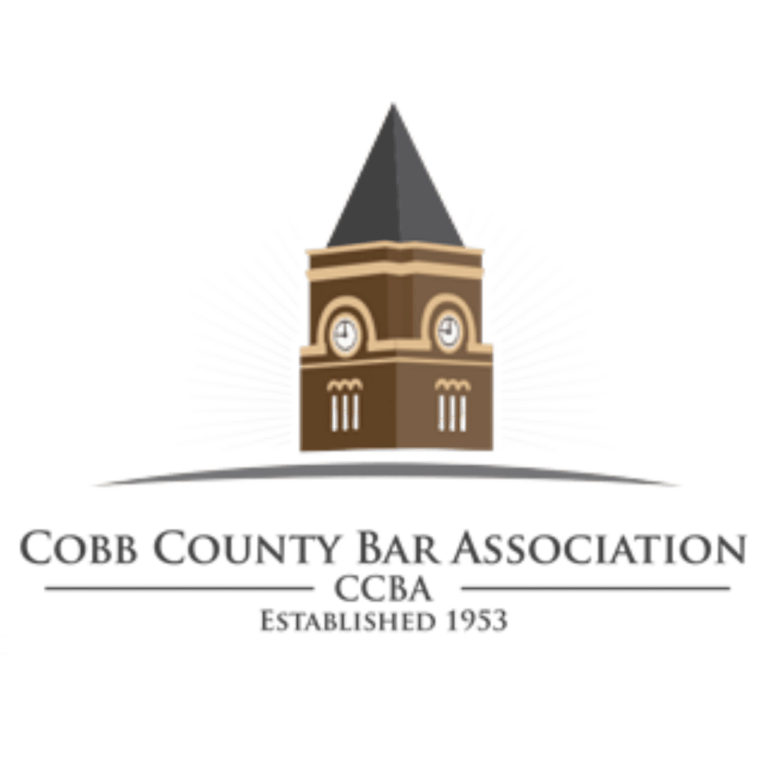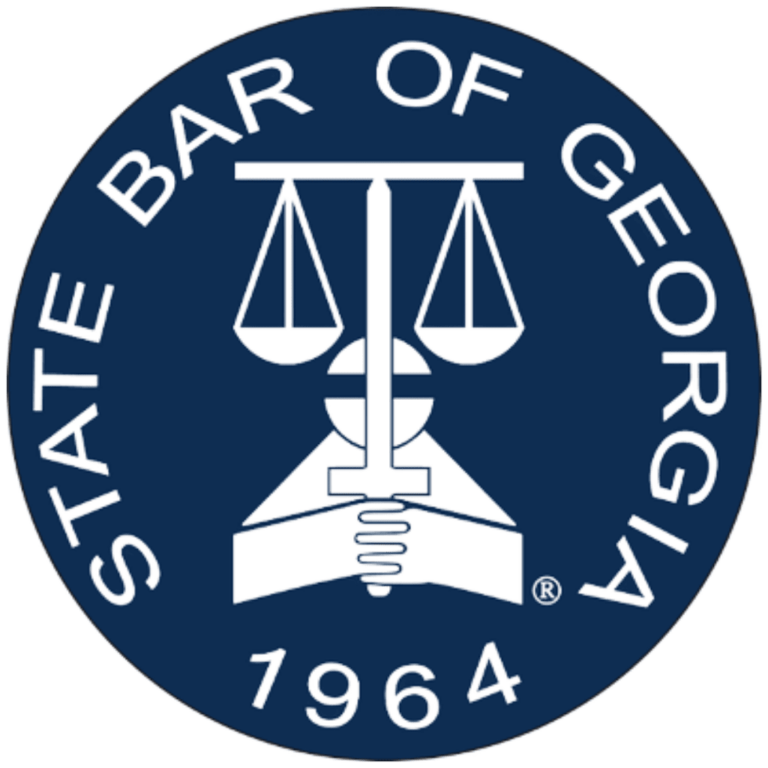Boating is a popular recreational activity in Atlanta, Georgia, and surrounding areas. However, boating accidents can happen, resulting in serious injuries, fatalities, and property damage. In the aftermath of a boating accident, understanding the legal concepts of liability and negligence is crucial to determining who should be held accountable for the damages.
This article will explore the key aspects of liability and negligence in boating accidents in Atlanta, Georgia.
The Devastating Toll of Boating Accidents
Boating accidents can be devastating events that result in severe physical injuries, emotional trauma, and financial losses for the victims involved. Boating accidents can also inflict deep emotional trauma on victims. Survivors may experience post-traumatic stress disorder (PTSD), anxiety, depression, and other psychological conditions due to the traumatic event.
The psychological impact can manifest as nightmares, flashbacks, hypervigilance, social withdrawal, unease, and fear. These emotional scars can persist long after the physical injuries have healed, impacting the victims’ overall well-being and quality of life.
How Serious Can the Legal Penalties for Boating Accidents Get?
Boating accidents can have significant legal ramifications for those involved. Georgia has specific laws and regulations that govern boating activities to ensure safety on the water. Violations of these laws can result in legal penalties and liabilities.
One of the primary legal consequences of a boating accident in Georgia is the potential for fines. If a boater is found to have violated boating laws or regulations, they may face fines. The penalty amount will depend on the nature and severity of the violation.
Another consequence that boaters may face after a boating accident is suspending or revoking their boating license. During this period, the individual is prohibited from legally operating a boat in Georgia.
In more severe cases, boating accidents can lead to criminal charges. If a boater’s actions are deemed willful, grossly negligent, or involve illegal activities, such as operating a boat while intoxicated, they may face criminal charges. Criminal charges for boating accidents can range from misdemeanors to felonies, depending on the circumstances and the level of harm caused. The penalties may include fines, probation, community service, or even imprisonment, particularly in cases involving loss of life or serious injuries.
What is Negligence in a Boating Accident?
In a boating accident case, lawyers have to prove that the person who caused the accident didn’t act the way a reasonable person would have in a similar situation. Operating a boat while drunk is a common example of negligence, which is against Georgia’s Boat Safety Act.
Examples of negligence in boating accidents include:
- Operating a boat while under the influence of alcohol or drugs.
- Failing to follow navigational rules and regulations.
- Speeding or driving a boat recklessly.
- Inadequate maintenance of the boat, leading to mechanical failures.
- Ignoring weather conditions and not adjusting boating activities accordingly.
- Failing to have proper safety equipment on board, such as life jackets or navigation lights.
- Distracted boating, such as using a mobile phone while operating the boat.
- Inexperienced or untrained boat operators.
- Violating specific local boating laws or Coast Guard regulations.
- Failing to keep a proper lookout for other vessels or hazards in the water.
Who Should be Held Accountable for Boating Accidents?

Liability for watercraft accidents can be complex, and it is essential to work with an experienced attorney who understands the intricacies of maritime law. Your lawyer will conduct an investigation into the incident, manage all correspondence with the parties involved, and submit necessary documentation on your behalf.
In a boating accident, liability may fall on one or more parties, including:
- The boat operator
- The boat owner
- The manufacturer of the boat or equipment,
- The rental company, if the boat was rented
- Passengers
Holding accountable those responsible for boating accidents is crucial for promoting safety, preventing future incidents, and ensuring fair compensation for the victims. By enforcing accountability, we can work towards a safer and more responsible boating culture for everyone to enjoy.
Types of Boating-Related Injuries
Drowning
When a boating accident leads to capsizing or other circumstances where individuals end up in the water, there is a risk of drowning or wrongful death if they cannot swim or are not wearing proper flotation devices.
Traumatic Brain Injuries (TBIs)
A boating accident can cause head injuries, including concussions or more severe traumatic brain injuries if individuals are thrown against hard surfaces or objects during the collision or impact.
Fractures and Broken Bones
The force of a boat collision or being thrown overboard can result in fractures and broken bones. Common areas of injury include the arms, legs, ribs, and spine.
Cuts, Lacerations, and Abrasions
These injuries can range from minor cuts requiring stitches to more severe wounds that may cause significant bleeding or tissue damage.
Spinal Cord Injuries
When a boating accident leads to capsizing or other circumstances where individuals end up in the water, there is a risk of drowning or wrongful death if they cannot swim or are not wearing proper flotation devices.
Soft Tissue Injuries
When a boating accident leads to capsizing or other circumstances where individuals end up in the water, there is a risk of drowning or wrongful death if they cannot swim or are not wearing proper flotation devices.
Internal Injuries
When a boating accident leads to capsizing or other circumstances where individuals end up in the water, there is a risk of drowning or wrongful death if they cannot swim or are not wearing proper flotation devices.
Hypothermia
When a boating accident leads to capsizing or other circumstances where individuals end up in the water, there is a risk of drowning or wrongful death if they cannot swim or are not wearing proper flotation devices.
If you have suffered these injuries in a boating accident in Georgia, don’t hesitate to schedule a
consultation with an experienced boating accident attorney.
How to Get Compensation After a Boating Accident?
Experiencing injuries in a boating accident mentioned above can present challenging circumstances, especially if the boat operator, who happened to be a friend, acted negligently. That’s why it is crucial to enlist the services of a compassionate and professional attorney who can effectively handle the situation.
Your boating accident attorney in Atlanta may consider initiating a lawsuit against the responsible party to seek compensation. This compensation may cover various aspects, such as:
- Medical expenses, including emergency room visits, doctors’ appointments, ambulance services, and diagnostic scans like MRI, CT scans, and X-rays.
- Rehabilitation treatments like physical therapy.
- Reimbursement for wages lost due to the accident.
- Compensation for potential future earnings that may have been affected by the injuries.
- Damages for pain and suffering endured as a result of the incident.

Seek Medical Attention
After a boating accident, prioritize your health and safety. Seek immediate medical attention for any injuries, regardless of their severity. Even seemingly minor injuries could have long-term implications. Medical documentation will serve as crucial evidence when claiming compensation later.
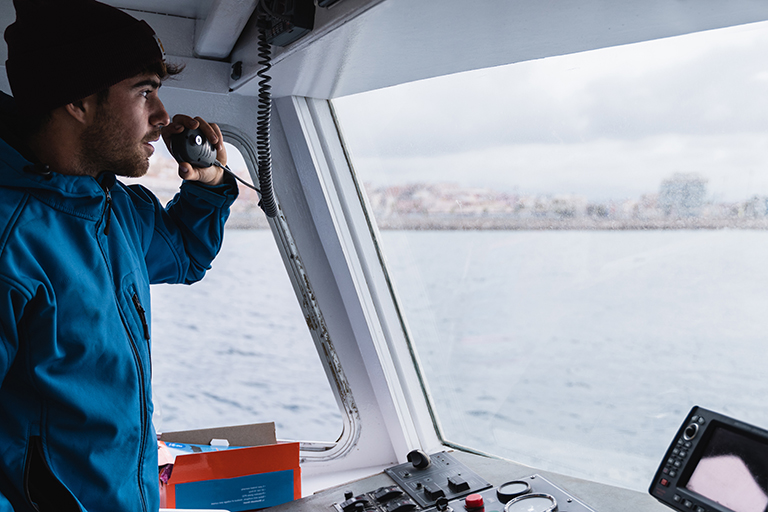
Report the Accident
Report the boating accident to the appropriate authorities, such as the local law enforcement agency or the U.S. Coast Guard. Providing an official account of the incident helps establish the accident’s occurrence and creates an official record that can support your claim for compensation.
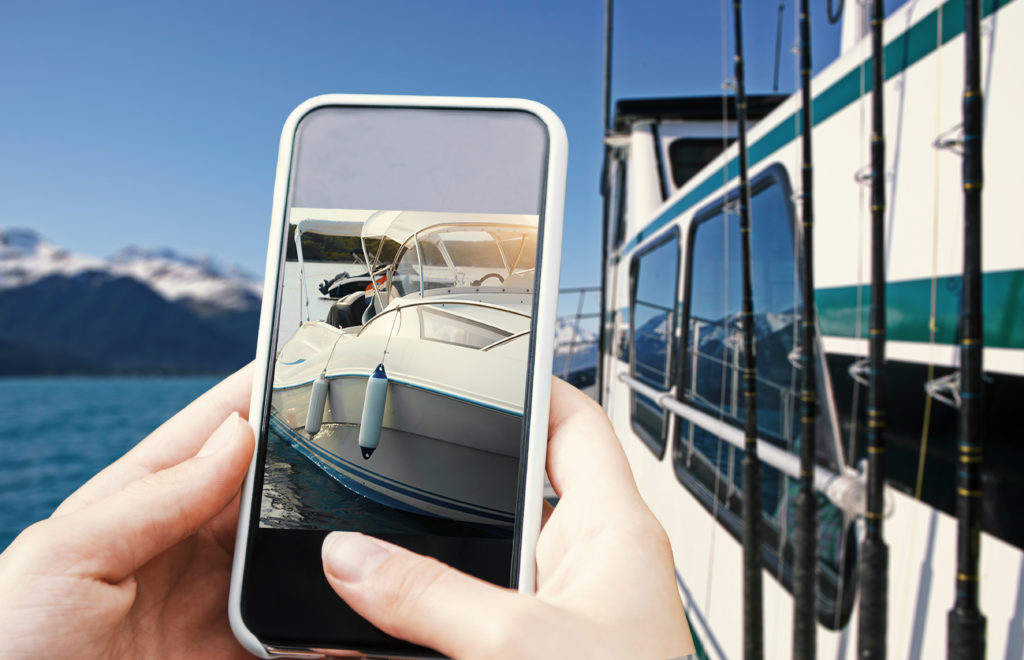
Gather Evidence
Collect as much evidence as possible to support your claim. Take photographs of the accident scene, including any damages to the boat or property, injuries sustained, and relevant environmental conditions. Obtain contact information from expert witnesses who can testify about what they saw. Preserve relevant documents, such as medical reports, accident reports, or insurance information.

Consult an Personal Injury Attorney
Consider consulting a personal injury attorney with experience in maritime law. An attorney will assess the specifics of your case and guide you through the legal process. They will also communicate with insurance companies and any parties involved.

Notify Insurance Companies
Report the accident to your insurance company promptly. Provide them with accurate details of the incident and any injuries sustained. Insurance companies may attempt to minimize your claim, so having legal representation ensures your rights are protected.
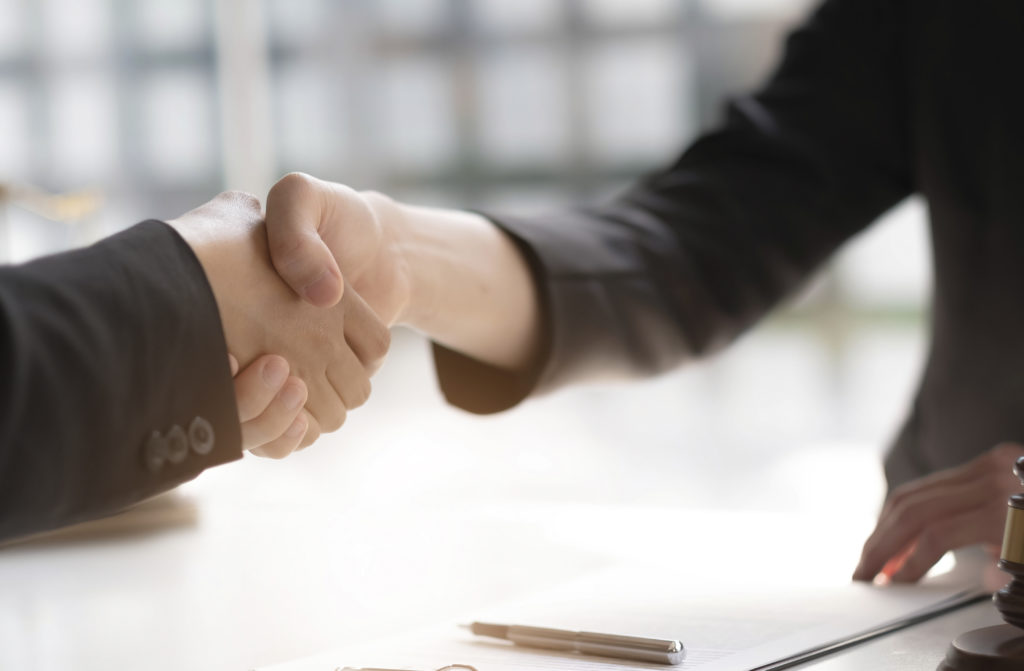
Settlement Negotiations
Compensation claims are often resolved through settlement negotiations outside of court. Your attorney will work to negotiate a fair settlement on your behalf, taking into account your damages, future medical needs, and other relevant factors. They will strive to achieve the best outcome possible while protecting your rights and interests.
File a Lawsuit, if Necessary
In some cases, negotiations with insurance companies may not yield a satisfactory settlement offer. If that happens, your attorney may recommend filing a personal injury lawsuit. Lawsuits can be complex, so having an experienced attorney will help you navigate the legal process effectively.
It’s essential to take action quickly, as the deadline for filing a personal injury lawsuit in Georgia is only two years, and the process of building a case and filing a suit can be quite extensive.
Take Control of Your Boating Accident Claim Today!
Seeking compensation after a boating accident? Act now to protect your rights and get the help you need. Our expert personal injury attorneys at Cobb Personal Injury specialize in boating accidents. Time is critical, as evidence can fade and cases become more difficult. Don’t wait any longer; take the first step towards the compensation you deserve.
Contact us for a free consultation and let us fight for justice on your behalf.
